4 Things Saliva Does for Your Body That You May Not Know About
Have you noticed that lesions inside our mouth heal faster than those on the surface of our skin? This is thanks to the powerful viscous fluid that each of us produces when we chew, and it has a healing effect.
5-Minute Crafts is explaining what saliva is used for and its fundamental role in our health. In addition, we left you an interesting bonus at the end of the article.
1. It promotes wound healing.
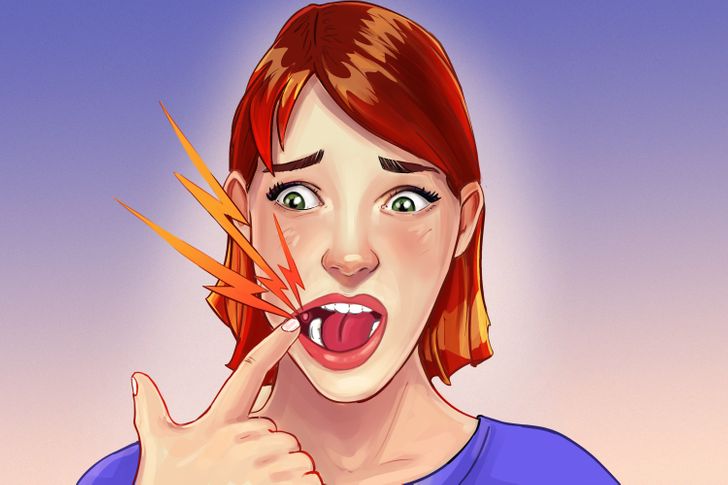
- Saliva’s epidermal growth factor is key in healing oral wounds faster. The humid environment also helps the survival and functioning of inflammatory cells.
- Lysozyme, also present in saliva, helps heal lacerations inside and outside of our mouth. Thanks to its antibacterial power, it moisturizes them and prevents microorganisms from contaminating them.
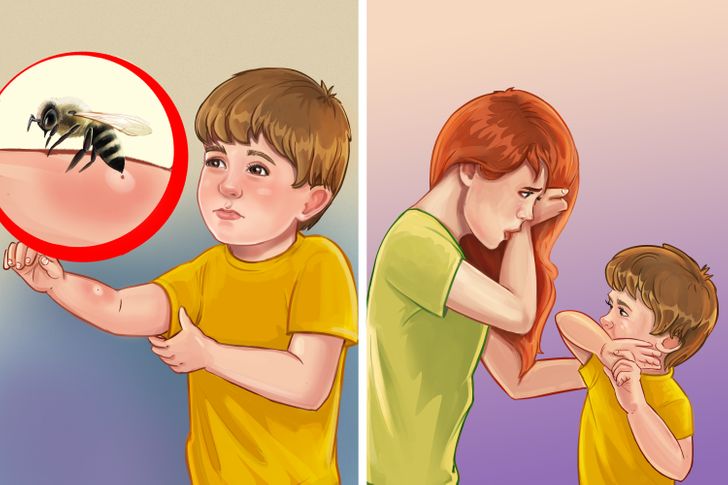
- Studies claim that the liquid that moistens our oral cavity has a recovery factor of the epidermis, favoring the healing of external injuries, so licking the wounds would help to heal them faster.
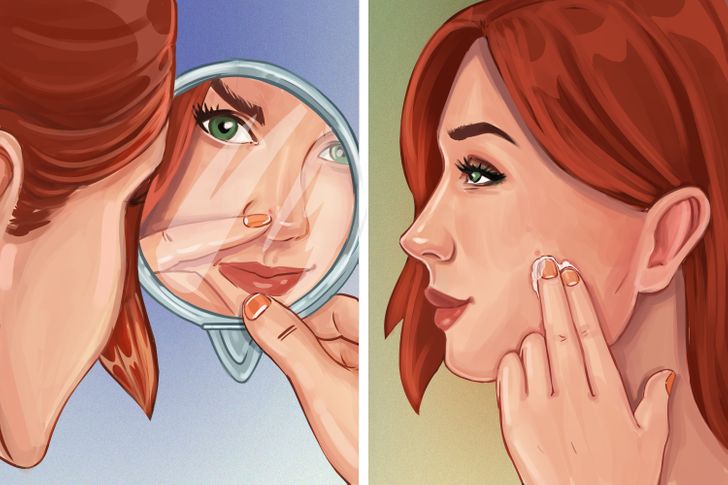
You may have heard that applying saliva directly on pimples is one of the most effective home remedies, and you can use it as a natural ointment for external wounds, pimples, acne, or marks on the face.
But this saliva should be the kind you’d get in the morning, before drinking water or having breakfast, as it’s in its purest form.
However, saliva isn’t recommended as skincare for everyone. Dental hygiene plays a crucial part in determining whether or not one should apply saliva to their skin. For example, someone with poor dental hygiene will do more harm than good to their skin. Make sure to consult with your dermatologist and dentist before following this type of skincare.
2. It allows the detection of food flavors.
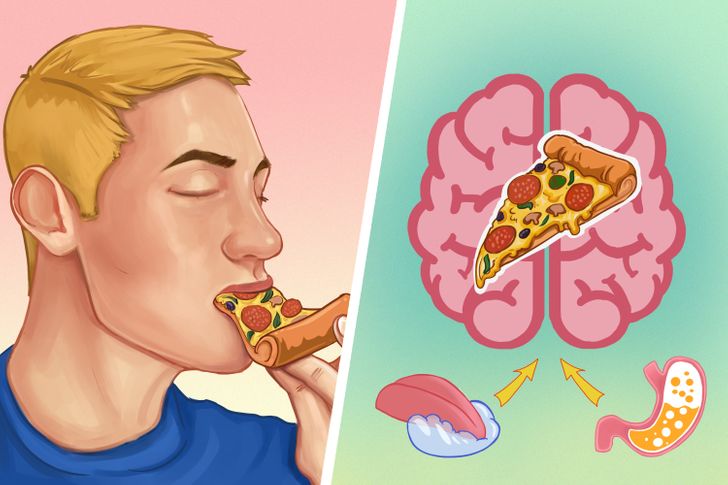
- The proteins released by the salivary glands allow the sapid particles of food to be distributed to the taste buds of the tongue, producing an impulse that reaches our brain, where it decodes the taste sensation of each dish or snack we eat.
- Without the right amount of saliva, you would find it hard to swallow, making it difficult for your tongue to do the job of pushing the chewed food down your throat.
- Before the food reaches your stomach, saliva, with the help of chemicals called enzymes, begins to break it down while it’s still in your mouth.
3. It eliminates microorganisms in the oral cavity.
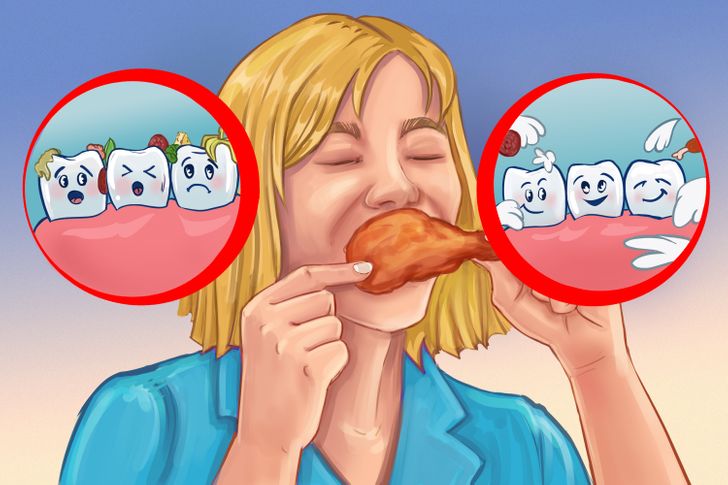
- Saliva removes residue from the food we eat and neutralizes acids produced by bacteria in the mouth, which helps protect you from microbes. Oral bacteria and gum inflammation may play a role in some diseases, such as diabetes and HIV/AIDS, according to studies. They lower the body’s resistance to infection, making oral health problems more serious.
- Saliva facilitates the distribution of minerals on teeth. It acts as a shield over them, preventing tartar build-up and wear on the enamel. In this way, it balances the pH of the mouth.
4. It lubricates our mouth so that we can speak fluently.
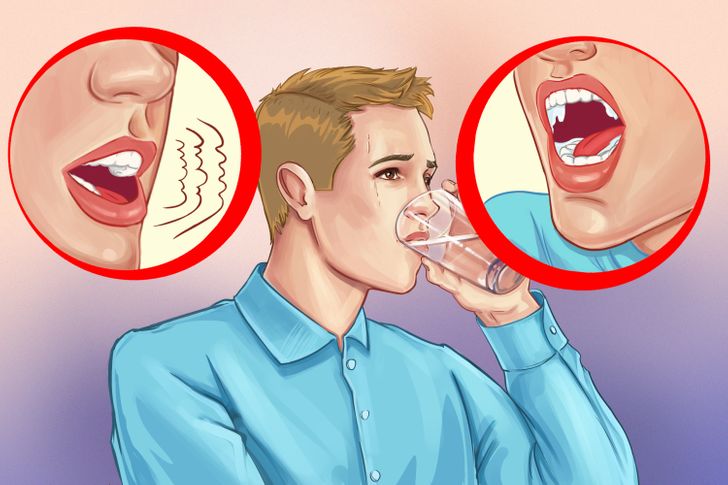
- This liquid, composed of 99% water, has an active role in promoting human speech since it keeps our mouth and all the components involved in the emission of our voice hydrated.
- That’s why it’s important to drink water, especially if you are going to speak in public, as nerves cause your mouth to dry out, making it difficult to pronounce words correctly.
Bonus: how to promote saliva production

Some medications, such as decongestants, antihistamines, and painkillers, among others, can decrease the flow of saliva, which would cause your gums to become constantly inflamed. Here are some tips to stimulate saliva production.
- Chew sugar-free gum or suck on sugar-free hard candy for 20 minutes, especially if these products contain xylitol, as this will also help prevent cavities.
- Hydrate to combat dry mouth. Drink a lot of water daily, so it will be easier for you to chew and swallow. Keep in mind that much of the composition of saliva is water.
- Brush your teeth for at least 2 minutes after meals. Keeping your mouth healthy is of utmost importance for saliva production. It should be very clean, without food debris on your teeth and tongue, especially after breakfast and before going to bed. Remember to floss as well.
If saliva production is extremely low, we recommend you seek medical help to treat the problem.